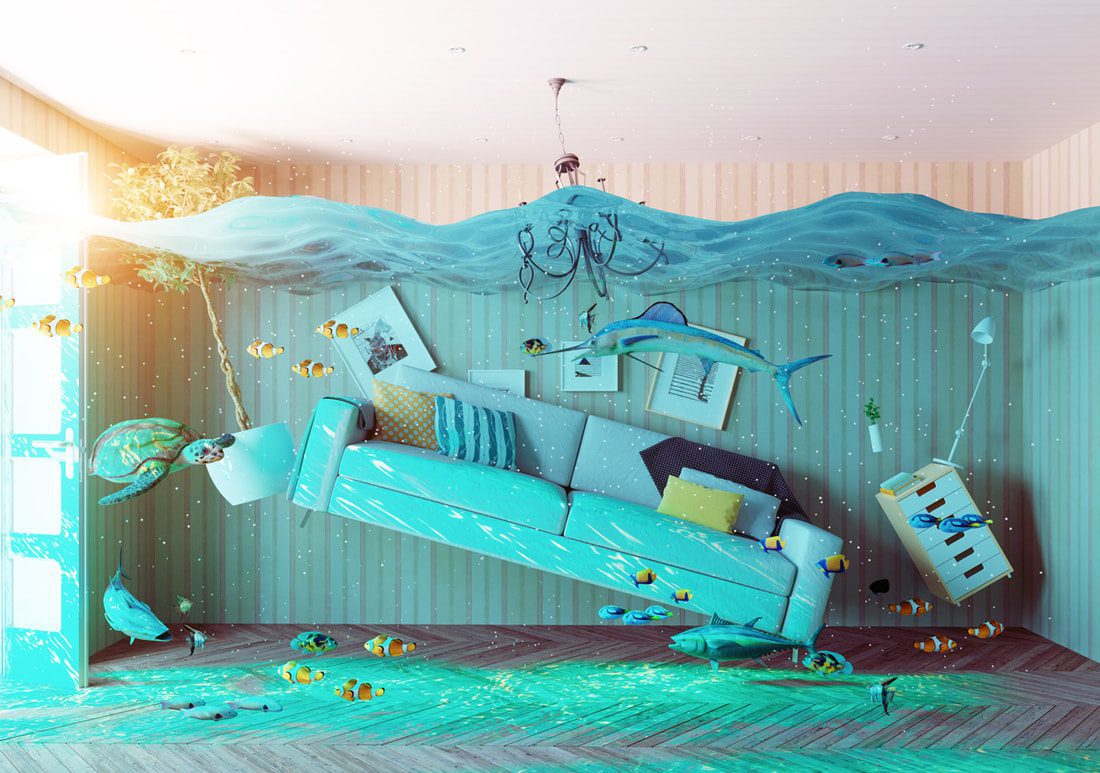Disasters Typically Covered By Homeowners Insurance
You can add numerous riders onto your homeowners policy to customize it to your exact needs and preferences. There are also some types of coverage that have to be (or are best) handled with a totally separate insurance policy.
Here are the types of “disaster coverage” typically included in homeowners policies:
- Home fires and smoke damage
- Lightning strikes
- Hail storm damage
- Explosions
- Riots or civil commotion
- Damage caused by vehicles
- Vandalism and theft
The extent and conditions of such coverage will vary, of course, according to your insurer and the amount of insurance you choose to buy.
Other types of disaster coverage that may be available can include damage caused by falling objects and discharges or overflows from plumbing or appliances such as a hot water heater or AC unit.
Disasters Typically Not Covered By Homeowners Insurance
But a homeowners policy isn’t designed to cover everything. You need to be an informed buyer and understand what’s included and what’s excluded. And you might want to purchase a separate policy to fill in any gaps that remain in order to customize your coverage.
Here are some of the major, usual exclusions to just about any homeowner’s policy:
1. Floods
Coverage against flood damage to your home and property is normally bought on a separate flood insurance policy. Often, this is bought through the National Flood Insurance Program. But you can also buy a private flood/wind insurance policy that might give you more flexible terms.
2. Sinkholes
Sinkholes are a relatively frequent problem for many Florida homeowners, and many of them tend to assume sinkhole damage would be something included in “regular” homeowners insurance. However, many times it isn’t included in the average policy and doesn’t necessarily cover your home unless there is catastrophic damage. The property damage and injuries that can be caused by a sudden sinkhole would have to be covered in some other way.
3. Sewer Backups
Sewage system backups are certainly disastrous, but coverage against this possibility will usually be on a separate policy or added into your flood insurance. Some companies will let you add it to your homeowners policy though; you just have to ask. This is one area where, especially if you have a septic tank, your insurance company will likely expect proof of reasonable maintenance as they won’t want to cover incidents that occurred because you failed to maintain your home.
To learn more about how to use your homeowners insurance to protect against various types of disaster damage, contact Flagler County Insurance Agency today!
